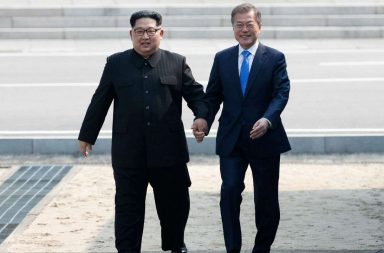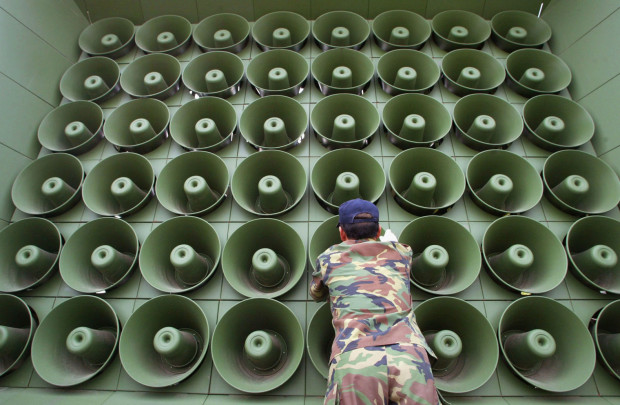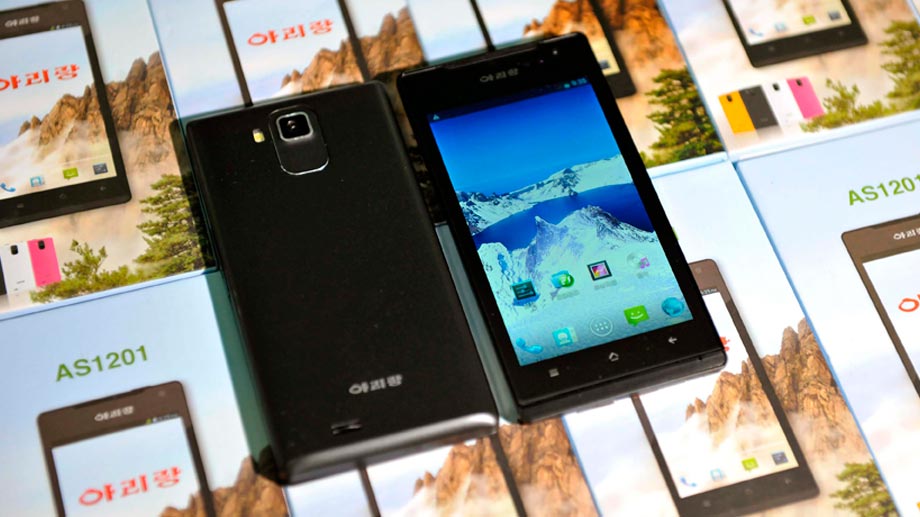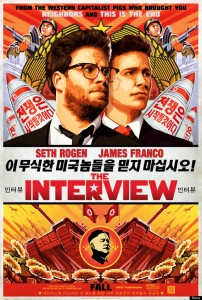 Here on Seoulbeats, the topic of North Korea’s involvement into the K-pop sphere has been one of much debate and reasoning. Whilst the scholarly circles are split on whether North Korea poses a threat to K-pop (and of course similarly the entire world as we know it — please note the sarcasm) — we can be assured that North Korea has a stake in the functioning of the state of South Korean politics and wellbeing. South Korean sentiment towards their brothers and sisters in the “North” are often confused with the distaste the region (as well as the rest of the “free world”) has with the North Korean governing body. These are richly discussed amongst academics from all over the world, as it proves to be one of the most pressing issues of the 21st century. However, once such a “hot” topic makes waves towards the rest of the public population and becomes common knowledge, what we get is dilution of the narratives surrounding the issue. Everything becomes more simpler when presented to the “common man” — more black and white… and then Hollywood gets hold of it.
Here on Seoulbeats, the topic of North Korea’s involvement into the K-pop sphere has been one of much debate and reasoning. Whilst the scholarly circles are split on whether North Korea poses a threat to K-pop (and of course similarly the entire world as we know it — please note the sarcasm) — we can be assured that North Korea has a stake in the functioning of the state of South Korean politics and wellbeing. South Korean sentiment towards their brothers and sisters in the “North” are often confused with the distaste the region (as well as the rest of the “free world”) has with the North Korean governing body. These are richly discussed amongst academics from all over the world, as it proves to be one of the most pressing issues of the 21st century. However, once such a “hot” topic makes waves towards the rest of the public population and becomes common knowledge, what we get is dilution of the narratives surrounding the issue. Everything becomes more simpler when presented to the “common man” — more black and white… and then Hollywood gets hold of it.
This is the predicament we find ourselves in upon the eve of James Franco’s and Seth Rogen‘s release of their new motion picture, The Interview. Only one amongst a plethora of controversial career moves, Franco has teamed up with Seth Rogen once again to provide us with top notch comedic relief. While I found their movie “This is the End” largely amiable, this newer venture has me rolling my eyes right in to my skull.
[youtube https://www.youtube.com/watch?v=WnalZzJ-XS4]The Interview is “an action packed comedy” that follows two reporters who get their chance at interviewing the notoriously famous leader of the people’s Democratic Republic of Korea (DPRK) Kim Jong-un. However, on their way to prepare for the interview, the CIA recruit them ( “the least-qualified men imaginable”) to assassinate him. On the surface, this looks like a pretty simple plot; two funny guys who are not fit for the job, find the bad guy, and kill him. Hilarity ensues. However, looking a little deeper, the scenario echoes the lines I wrote earlier about the dilution of complicated matters into something more digestible.
American sentiment towards North Korea is largely shaped by the media coverage the country has on the region. Adam Hogue of The Policy Mic explores the “Culture of Panic” in the United States that is created by major media conglomerates. The idea of a “headline blitz” is needed to make things feel urgent, relevant and pertinent to our personal lives, hence it is no surprise that the DPRK has been largely demonized in the media. North Korean news is all the hype (as Hogue puts it), they are something to fear. They are threatening, mysterious, and suddenly worthy of all the news headlines in the Western world when they start throwing out annihilation threats and boasting of their nuclear might. The message portrayed by this media coverage is that of panic and what ultimately follows is an unfavorable reaction and sentiment towards the DPRK. The Interview reiterates these exact thoughts by presenting the state of affairs surrounding North Korea as monolithic. Kim Jong-un is the “Evil Guy” and the poor North Korean people have to be “saved.” You don’t have to look far to see a “white saviour complex” lurking beneath the script of the movie.
South Korean sentiments towards the North are approached similarly. The idea of unification is 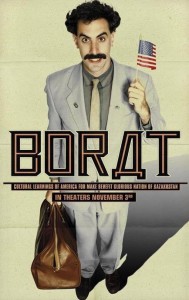 very much heard within the South, as much as the idea of it is seen with apprehension. The Washington Times noted that young South Koreans feared that a reunification with the North would create economic burden, and the length of the separation between the two has gone on so long that some South Koreans fail to see North Koreans as the same. That being said, South Korean president Park Geun-hye was open to meetings with leaders from the DPRK to avoid further conflict and volatility. The two also share a cultural heritage of the Korean peninsula — the traditional arts (dance and music,) lifestyles (homes, festivals and religious beliefs) were identical up until the mid-20th century, as they were one country. In some sense, the South Korean entertainment industry celebrates this in songs and the abundance of saeguks that occupy our streaming channels.
very much heard within the South, as much as the idea of it is seen with apprehension. The Washington Times noted that young South Koreans feared that a reunification with the North would create economic burden, and the length of the separation between the two has gone on so long that some South Koreans fail to see North Koreans as the same. That being said, South Korean president Park Geun-hye was open to meetings with leaders from the DPRK to avoid further conflict and volatility. The two also share a cultural heritage of the Korean peninsula — the traditional arts (dance and music,) lifestyles (homes, festivals and religious beliefs) were identical up until the mid-20th century, as they were one country. In some sense, the South Korean entertainment industry celebrates this in songs and the abundance of saeguks that occupy our streaming channels.
If The Interview fails to take the affinity South Koreans have for their Northern brothers and sisters, then we may have a problem on hand whereby the Korean identity (however complicated) is offended. It will only take a parody of the hanbok or South Korean traditional customs to stir up national distaste for the movie, and land Franco and Rogen in a spot of trouble. Those imprisoned North Koreans are part of the extended Korean “family,” part of one race or “our country” that refer to each other by custom — a relationship that shouldn’t be taken lightly or undermined.
The Waegukin (an expat blogger living in South Korea) offered a unique perspective on the ways South Koreans perceive their northern counterparts; he believes that it is impossible for South Koreans to not be psychologically affected by the menace of the North. After all, South Korean males have to complete military service during the height of their youth, the DPRK is always on the news (testing nuclear weapons, making vague/specific threats, selling drugs, counterfeiting money, or hacking South Korean computers). The gravity of the situation calls for a more respectful approach. The threat of it is constant in the lives of South Koreans.
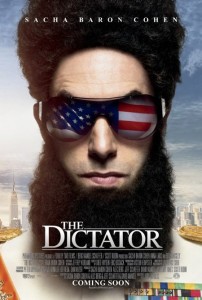 Even with this in mind, The Interview runs another risk altogether. It is not unheard of for movie makers to use sensitive and volatile issues as backdrops in their works. Looking at movies like Team America, Borat, and The Dictator, we can see a trend of taking things out of context. The Dictator was based upon the likes of Gaddaffi, Kim Jong-il, Idi Amin and Turkmenbashi — tyrannical leaders who ran dangerously oppressive regimes in their lands; treating their people with corruption, lack of transparency and institutional subjugation. Hardly a joke. Which is why using the DPRK as bait for laughs in The Interview (albeit an exaggerated vision of N.K life) undermines the struggle of the North Koreans who have to deal with Kim Jong-un day in day out, and the tensions that South Koreans face as a result.
Even with this in mind, The Interview runs another risk altogether. It is not unheard of for movie makers to use sensitive and volatile issues as backdrops in their works. Looking at movies like Team America, Borat, and The Dictator, we can see a trend of taking things out of context. The Dictator was based upon the likes of Gaddaffi, Kim Jong-il, Idi Amin and Turkmenbashi — tyrannical leaders who ran dangerously oppressive regimes in their lands; treating their people with corruption, lack of transparency and institutional subjugation. Hardly a joke. Which is why using the DPRK as bait for laughs in The Interview (albeit an exaggerated vision of N.K life) undermines the struggle of the North Koreans who have to deal with Kim Jong-un day in day out, and the tensions that South Koreans face as a result.
Anybody who knows anything about the conflict understands that the solutions are not as easy as the assassination of a dictator. Though the producers have done their best to research about life in North Korea (going to VICE reporters who had similarly met Kim Jong-il, the government, and North Korean experts) to make sure that no authenticity is lost, North Korean officials have not commented on the film but you can expect an angry response from somewhere.
Though this is supposed to be a light-hearted, fun take on an otherwise “not-so-fun” issue, whereby the “good guys” tackle the “bad guys,” I can’t help but feel that it undermines the extremities of the context whence the bad guys come from. It is with this thought that I am apprehensive about watching The Interview and I hope that there is an underlying, positive, smart-ass and totally unexpected message at the end that proves me wrong.
The Interview will be released on October 10th, 2014. What are your thoughts?
(YouTube, Sony Pictures, The Guardian, Huffington Post, Policy Mic, The Washington Times, Wikipedia, TheWaegukin Images via, Columbia Pictures, Sony, What Culture, 20th Century Fox)
